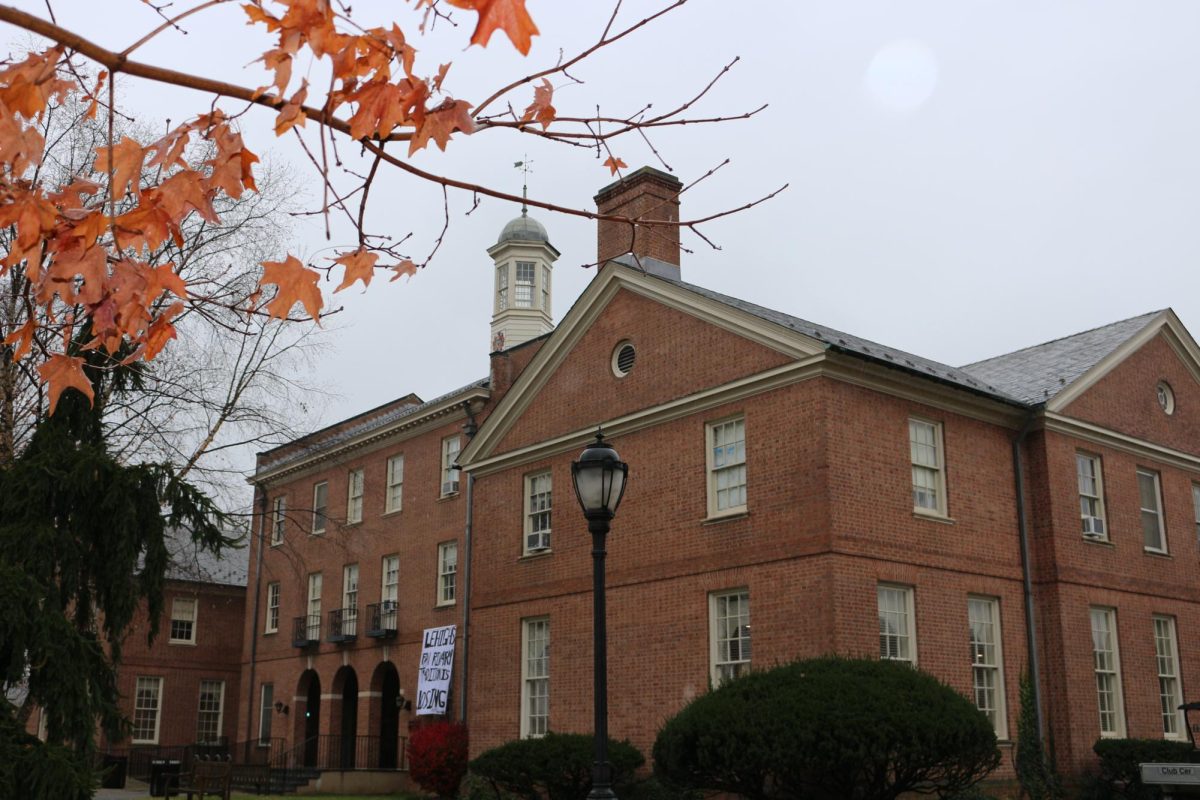Thirteen year-old Julie was abducted from her home at knifepoint. She was never found and there were no suspects for her abductor. Police suspected that Julie knew her abductor, because there were also no signs of forced entry in her home. Eight long years later, Julie’s parents, Anna and Tom Whitaker, and younger sister Jane have rebuilt their lives the best they can.
But everything changes when the family’s doorbell rings and a disheveled, barefoot and bleeding young woman slumps on the porch, claiming to be long-lost Julie. Her father and sister believe her immediately and welcome her back into the family.
Yet Julie’s mother, Anna, seems uneasy about the situation. She struggles to keep her misgivings to herself. After all, why would anyone pretend to be her abducted daughter? Julie describes harrowing years held captive by a charismatic, deranged minister. She describes how she was brainwashed into submission alongside others “chosen” to fulfill his sexual needs. Who is telling the truth? Who is lying? Which family members can be trusted? What really happened on the night of Julie’s abduction?
As a reader, I had mixed feelings about this novel. The plot was compelling, twisty and misleading enough to keep me turning pages until the surprising finale, but I didn’t end up caring too much about the characters. Anna, however, was an exception to this. Her character’s anguish and grief were believable and heartbreaking. She was the only believable character. Even Julie, the other principal character and a major player in the drama, never came across as a sympathetic, realistic young woman. Tom and Jane felt hastily drawn and superficial.
While the characters were rather forgettable and one-dimensional, I still endured sleepless nights finishing the book and I certainly did not see the end coming at all. Recommendation: A quick page-turner with a complex plot, peopled with (mostly) unremarkable characters. “Gone Girl”–lite, okay for a winter read.























































































































